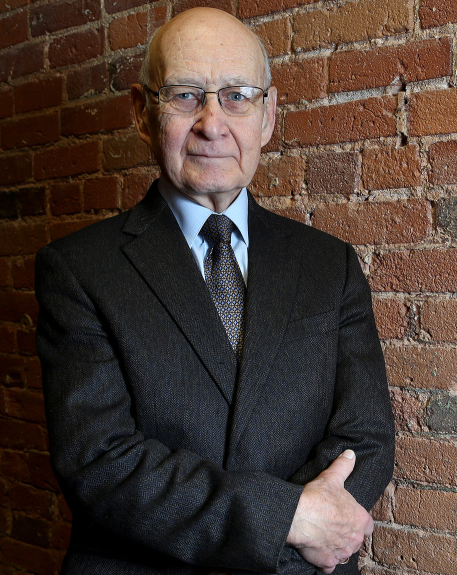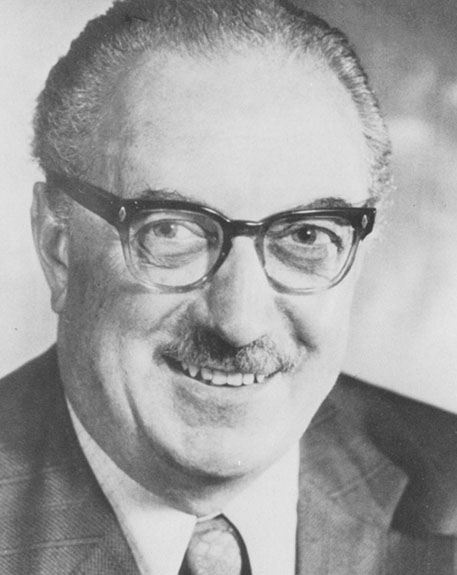2016 INDUCTEE Michael Bliss, PhD Health & Humanities, Health and Medical Education & Training
January 18, 1941
(Kingsville, Ontario )
May 18, 2017
PhD, University of Toronto (1972)
2013: Officer of the Order of Canada
2012: Honorary Degree, University of Prince Edward Island
See All AwardsAwards & Honours:
2013: Officer of the Order of Canada
2012: Honorary Degree, University of Prince Edward Island
2011: Lifetime Achievement Award from the American Osler Society
2011: Honorary Doctor of Humanities, the Medical College of Wisconsin
2009: Honorary Degree, University of Toronto
2007: Honorary Doctor of Laws, University of British Columbia
2003: Honorary Doctor of Letters, McMaster University
2001: Honorary Degree, McGill University
1999: Member of the Order of Canada
1988: The Tyrrell Medal for outstanding work in the history of Canada, The Royal Society
1984: Fellow of the Royal Society of Canada
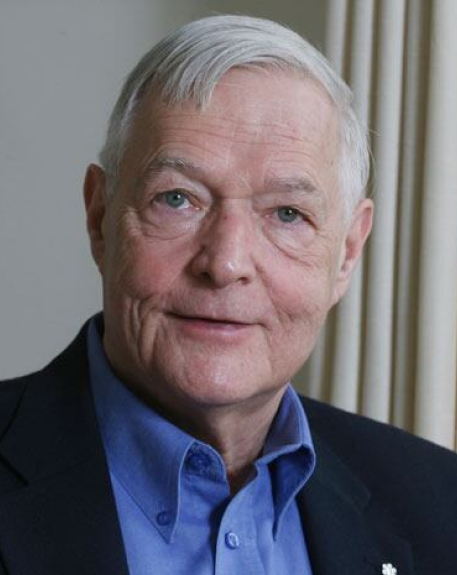
Chronicled the history of some of medicine’s greatest discoveries
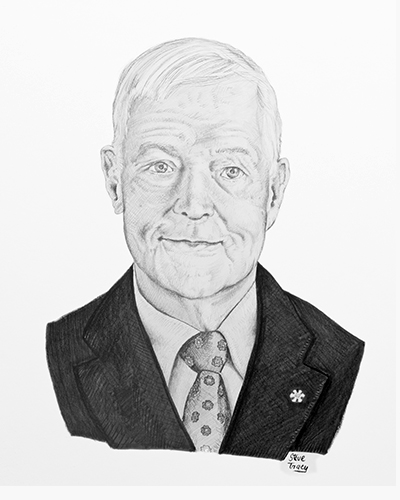
One of Canada’s leading medical-history historians
No one did more than Dr. Bliss to preserve and commemorate the legacy of Canada’s first Nobel Laureates, whose discovery of Insulin alleviated suffering for millions and brought attention to the intellectual achievements of an emerging nation. Dr. Bliss not only told the great story of Frederick Banting but also the contributions of his collaborators. With masterful attention to both the heroic discovery as well as the human limitations and complexities involved, Dr. Bliss’ Discovery of Insulin remains a prime example of his valuable contribution to the telling of medicine’s past. His taut and authoritative recreations of medical history provide professional and lay readers alike with a deeper appreciation for medical achievements and a better understanding of their context and conditions.
Key Facts
He has published fourteen books on a wide-range of topics including Harvey Cushing, smallpox in Montreal, Canadian business history, and the making of modern medicine
His biography of Frederick Banting provided the foundation for the television mini-series, Glory Enough for All
His foundational work, The Discovery of Insulin, received the William Welch Medal from the American Association for the History of Medicine and the Jason Hannah Medal from the Royal Society of Canada
William Osler: A Life in Medicine has been translated into several languages, including Japanese and Korean
Upon his retirement, Maclean’s referred to him as ‘perhaps Canada’s greatest living historian’
Professional timeline
Impact on lives today
Through a lifetime of writing, lecturing and teaching, Professor Bliss has reached an enormous audience of men and women curious about the great achievements of medical science we now enjoy. His work enshrines these achievements as durable memories and readers around the world can come to appreciate the significant contributions of Canadians to international medicine.
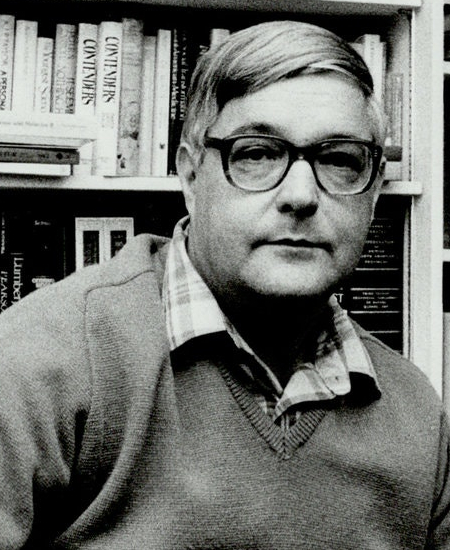
2016
-
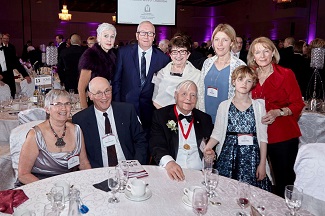
Michael Bliss inducted into the Canadian Medical Hall of Fame
Hamilton, Ontario
-
Published "Writing History: A Professor’s Life"
Offered a candid look at Dr. Bliss' life and his many experiences in writing Canada’s medical history.
-
The University of Toronto published a special 25th anniversary edition of Dr. Bliss’ Discovery of Insulin
-
Dr. Bliss wrote the now standard biography of the legendary figure in Canadian medical history in "William Osler: A Life in Medicine"
Health and Medical Education & TrainingEighty years after the first biography of Sir William Osler was published by his former student, Harvey Cushing.
-
As a public intellectual, Dr. Bliss played an important role in the development of the Canadian Institutes of Health Research
Health & HumanitiesThen the Medical Research Council, Dr. Bliss crafted the organization’s Strategic Plan in 1991 and later, in 1999, published “Beyond a Granting Agency.”
-
In addition to medical biographies, he also contextualized the experience of communities suffering from disease
His "Plague: A Story of Smallpox in Montreal" was published in 1991 and was nominated for the Governor General’s Award.
-
Almost sixty years after Frederick Banting and John Macleod won the Nobel Prize, "The Discovery of Insulin" by Michael Bliss was first published
Health & HumanitiesA masterful telling of one of the most significant discoveries in medical history, the book remains a classic to this day. Dr. Bliss soon followed this work with a biography of Frederick Banting.
-
Dr. Bliss was appointed to the faculty at the University of Toronto
He remained with the department of history for the next 38 years.
1968
It is a wonderful thing to be a witness to the struggles of physicians and researchers

